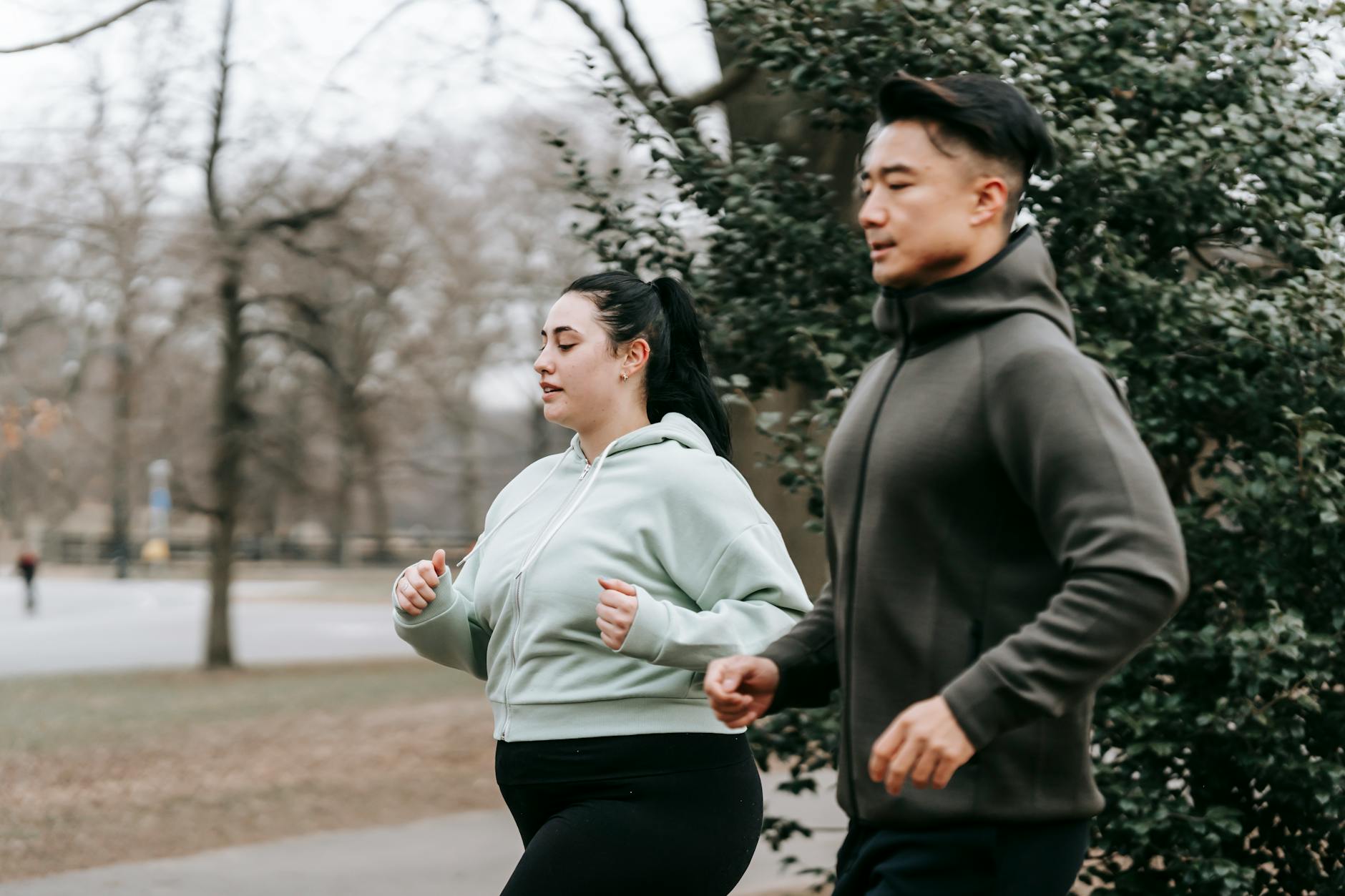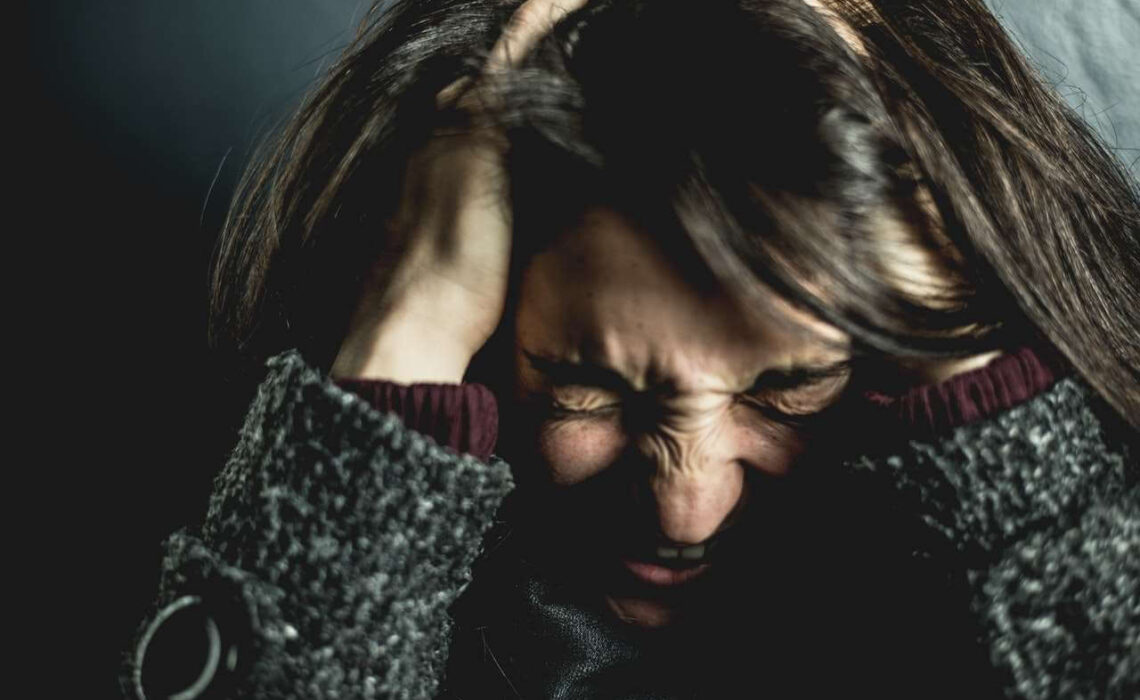For some, anxiety comes and goes in waves. Sometimes, you may feel like you are doing everything right in your life. Other times, you may feel as if everything you built up is crumbling. Most people have experienced these feelings at points during their life.
With the advent of the internet and social media, there are many resources available at your disposal that can help with making small changes in your lifestyle to help with anxiety. For instance, you can refer to a helpful article concerning how to have fun with your family on a vacation.
There are plenty of ways to change up your lifestyle in an attempt to reduce anxiety. These are simple steps that anyone can take so long as they are willing to make a positive difference in their life.
The following are four simple lifestyle changes that help with anxiety.
Table of Contents
1. Stay active

One of the best ways to start improving your mental health is by paying attention to your physical health. It’s common to ignore physical health during moments of anxiety, but you can try to maintain your focus on health by doing a few simple activities.
Consider creating a consistent weekly routine or trying to do something active every day. Your exercises do not have to be complicated; you can try walking for twenty minutes outside each day.
By accomplishing small goals, you may eventually move on to bigger feats, such as going to the gym and using more equipment while working out. The little steps really count when you are trying to make a positive change in your life.
Improving nutrition often goes along with staying active. Take notice of what you currently eat daily. During your typical breakfast, lunch, and dinner, do you eat vegetables or the types of food that you feel give you energy? By asking yourself these questions, you can create a diet plan that will help you eat healthier and grow physically stronger as a result.
There are many resources online that can help you in choosing out the healthiest diet for yourself. Some people try cutting out sugary foods, adding more vegetables to their diet, or planning to cook at home more often instead of ordering take-out.
Through exercising/staying active and pursuing a healthy diet, you may reduce anxiety levels. Eating foods that can induce serenity and taking a walk on a bright sunny day may clear your head of self-doubts or other anxiety-ridden thoughts.
Besides staying active, you can also include Kratom in your daily life. Kratom capsules for anxiety are a great way to reduce stress and worry. It is believed that kratom may help with the symptoms of anxiety such as nervousness, tension, fatigue, sleep disturbances, and restlessness by promoting relaxation.
Kratom may also be helpful for those dealing with depression because it helps stimulate feelings of happiness and wellbeing. Although you should always consult your doctor before taking any new supplements.
2. Ditch negative habits
When an individual wants to manage their anxiety, they may turn to certain substances when trying to remain calm. For instance, a person may drink alcohol or smoke excessively when they want to clear their head in an effort not to dwell on their thoughts.
Relying on these habits may ultimately enhance your anxiety rather than reduce its symptoms.
Alcohol
Drinking alcohol may momentarily make you feel calm, but after your initial buzz, your feelings about anxiety can return. Perhaps in a drunken state, you may start to feel worse about yourself or make bad decisions, which is likely unhelpful.
Smoking
Smoking as a means of clearing your head is only momentary relief, and after some time passes, your thoughts of anxiety may return. According to research, the earlier you start smoking, the earlier you may develop an anxiety disorder.
Limit bad habits if you can’t quit
However, you can try managing some of your habits if they will not physically impact you as much. For instance, you can still drink alcohol, but make sure to know when to stop drinking when you have had enough.
Essentially, by knowing what your body wants and needs, some people who do not experience a substance use disorder may be able to find a middle ground, especially with alcohol. You can also talk to friends and family for advice on how to manage your habits and ask for other tips on managing your anxiety.
The substance use hotline number is (800) 662-4357.
3. Maintain a healthy sleep schedule
It is essential that you maintain a healthy sleeping schedule if you want to reduce symptoms of anxiety. Not only will you feel rested after a full night’s sleep, but you will receive benefits that can combat anxiety.
These positive changes include:
- Manages stress
- Boosts mood
- Provides energy to endure life’s unexpected challenges
Without proper sleep, you may have a harder time choosing healthy habits, worsening your anxiety symptoms.
If you are trying to adhere to a consistent bedtime schedule but feel as if you are still not getting a good night’s rest, you can try consulting your doctor and ask them for advice on sleeping well. They may recommend a variety of solutions, including self-help treatment options.
4. Natural remedies
Some people reduce anxiety by using natural remedies. For instance, you could try using aromatherapy. This type of therapy can help you relax, improve your sleep schedule, and reduce heart rate blood pressure.
The best types of essential oils used in aromatherapy include:
- Lavender
- Grapefruit
- Sage
Other natural remedies include drinking tea, such as chamomile tea. You may also consider meditation as well. You could pick out potential yoga poses from the internet, or even enroll in yoga classes if they are available in your area.
- How To Create A Safe And Comfortable Home Environment For In-Home Care In Boca Raton? - July 16, 2024
- 10 Trendy Black Nail Ideas To Elevate Your Nail Game - May 6, 2024
- Getting A Free Divorce In Virginia? Here’s What To Expect - April 24, 2024





No Comments